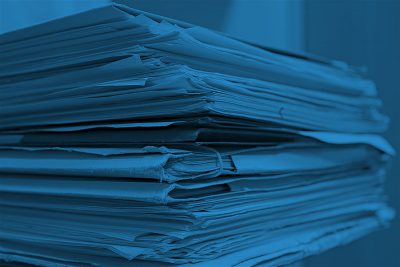To Lease or to Buy?
Reading Time: 2 minutes
If leasing contracts are part of your business, it is important to know that the rules governing those transactions are changing. Even though changes will not be implemented until 2021 for private companies (and nonprofits), it’s essential to know the possible challenges before you renew leases or sign new lease contracts. You may decide to modify lease terms rather than go through the hassle of reporting them on your balance sheet. And it is also possible that you may choose to buy so that you can avoid having to deal with the complex disclosure rules.
What standards have been updated?
In 2016, the Financial Accounting Standards Board (FASB) established accounting standards for leases that were set to go into effect on January 1, 2019, for public companies. However, last fall, the FASB deferred the effective date for both private companies and not-for-profits to 2021.
The new guidelines require companies to report long-term leased assets and leased liabilities on their balance sheets. Additionally, it asks companies to provide expanded footnote disclosures. Adding leases that may increase company debt may cause some companies to trip their loan covenants.
What are the updated lease terms?
The new lease standard applies only to those lease agreements that are longer than 12 months. Some companies are choosing to move to short term leases so that they can avoid using the new standards.
Other businesses are choosing to use evergreen clauses in their lease agreements. This clause allows either party to cancel the lease anytime after 30 days. The evergreen clause is not considered to be a lease under accounting rules and can be renewed every month indefinitely. This strategy may backfire because the lessor may charge a higher price for the transaction. There’s also the risk that any short-term leases or those with evergreen clauses won’t be renewed at some point.
Should you lease or buy?
The updated lease standards are also causing companies to reconsider whether they should lease or buy both equipment and real estate. The previous accounting standards were allowed to report transactions as a business expense that could be left off the balance sheet. This GAAP (Generally Accepted Accounting Practices) standard was especially beneficial for organizations with substantial debt. However, the updated rules mean that lease contracts will show up as liabilities, similar to assets that are purchased with traditional bank loans. The new standards also expect that reporting leases also will include expanded footnote disclosures.
The new changes in the lease accounting rules might persuade you to buy property instead of lease it. But despite the challenges, you may want to consider some of the other benefits leasings has to offer. First, leasing contracts don’t require a large down payment or an excessive borrowing capacity. Second, leases provide valuable flexibility, especially in case there’s an economic downturn or technological advances impact the value of an asset.
Now what?
When deciding whether or not to lease or buy, there are numerous factors to consider, with no universal “right” choice. Contact JLK Rosenberger to discuss the pros and cons of leasing in light of the updated accounting guidance. We can help you take the approach that best suits your circumstances. For additional information, call us at 949-860-9902 or click here to contact us. We look forward to speaking with you soon.


